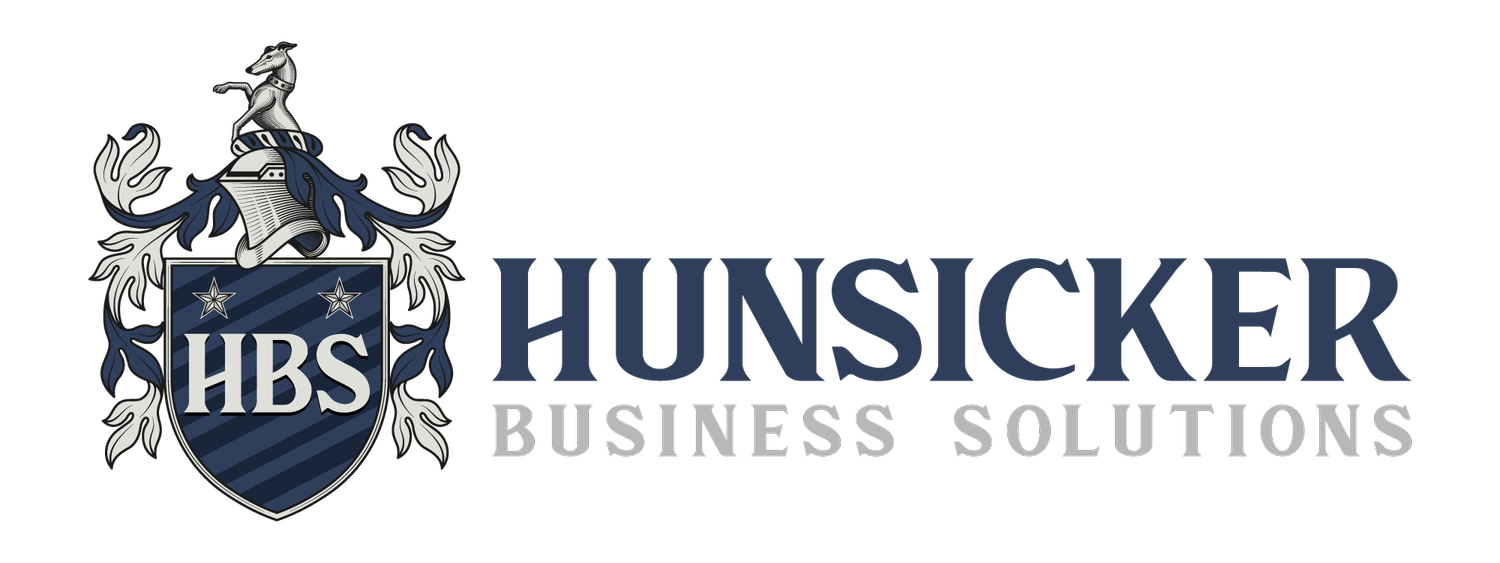The Essential Role of Processes and Procedures in Business Success
Introduction
In the dynamic realm of business operations, the establishment and maintenance of clear processes and procedures stand as critical components that drive organizational efficiency and consistency. Well-defined processes and procedures not only streamline operations but also ensure that every aspect of the business functions optimally towards achieving strategic goals. This article explores the significance of these organizational frameworks and how they impact the overall success of a business.
Understanding Business Processes and Procedures
Business processes refer to the collection of linked tasks which find their end in the delivery of a service or product to a client. Meanwhile, business procedures are the detailed step-by-step instructions that dictate how specific business tasks should be performed, ensuring consistency and compliance in the execution of these tasks.
Why Processes and Procedures are Crucial for Businesses
Streamlining Operations
Effective processes and procedures simplify complexity and guide the day-to-day operations of a company, ensuring that tasks are carried out in the most efficient way possible. This streamlining leads to faster execution, lower costs, and reduced risk of errors.
Enhancing Quality Control
With set procedures, businesses can maintain high standards of quality and consistency in their products or services. Each step of the procedure is designed to meet quality criteria, which reduces the chance of errors or defects.
Improving Employee Training and Performance
Clear procedures provide a blueprint for employees, outlining exactly how various tasks should be completed. This clarity is invaluable for training new employees and serves as a reference for existing employees to ensure that everyone performs tasks uniformly.
Facilitating Compliance and Security
Many business processes and procedures are developed to comply with industry regulations and legal requirements. They help ensure that the business meets safety standards, privacy laws, and other regulatory requirements, which protects the company from fines and lawsuits.
Supporting Scalability and Growth
Well-documented processes and procedures are essential for businesses as they grow. They allow for the smooth integration of new employees, support the expansion into new markets, and enable the scaling of operations without a loss in performance or quality.
Benefits of Robust Business Processes and Procedures
Enhanced Operational Efficiency
Organizations with well-defined processes and procedures often experience increased efficiency because less time and resources are wasted rectifying mistakes or redundancies in workflows.
Consistency in Service Delivery
Procedures ensure that every customer interaction follows a specific format, leading to consistent service delivery. This consistency builds customer trust and satisfaction, which are essential for business success.
Reduced Operational Risks
By standardizing operations, businesses can significantly reduce the risks associated with non-compliance, data breaches, and operational errors. This standardization helps in establishing a secure and stable operational environment.
Adaptability to Market Changes
Organizations with flexible processes and procedures can adapt more swiftly and effectively to market changes or technological advancements, allowing them to stay competitive and relevant.
Implementing Effective Business Processes and Procedures
For businesses looking to develop or refine their processes and procedures, several strategies can be highly effective:
Conduct Process Audits: Regular reviews of existing processes can identify inefficiencies or outdated procedures that need refinement.
Engage Stakeholders: Involving employees in the creation and revision of processes helps ensure the procedures are realistic and practical.
Leverage Technology: Implementing the right technology can automate and optimize many processes, making them more efficient and less prone to error.
Continuous Improvement: Adopt a culture of continuous improvement where processes are regularly evaluated and improved in light of new data and business outcomes.
